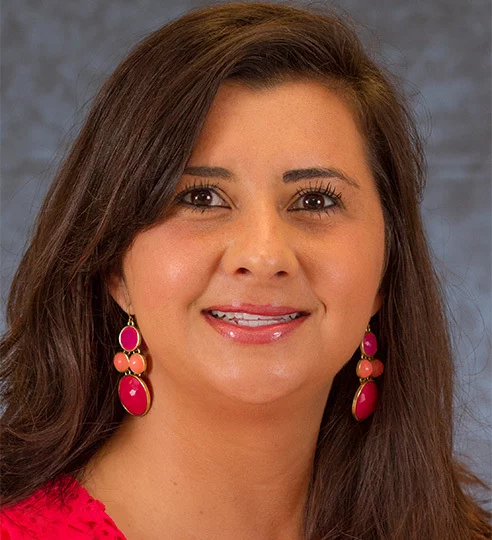High voltage heroes

Linemen work in some of the most challenging conditions imaginable—battling extreme weather, working at dangerous heights and handling high-voltage equipment—all to ensure the power keeps flowing to our homes, businesses and communities.
For National Linemen Appreciation Day, we celebrate the people at Walton EMC who keep our local grid functioning and our modern way of life possible. We spoke with linemen with experience ranging from fresh recruits to decades-long veterans, to hear their stories, challenges and what makes this demanding profession so rewarding.
In their own words, here’s what it means to be on the front lines of an electric cooperative:
 DAVE ABBOTT / One of my best memories at Walton is when we delivered Christmas gifts to kids in the hospital. A dad of a 3-year-old boy came out of the room crying, hugging us, and telling us that their family would be in the hospital through Christmas, and what we gave was probably the only Christmas his son would get.
DAVE ABBOTT / One of my best memories at Walton is when we delivered Christmas gifts to kids in the hospital. A dad of a 3-year-old boy came out of the room crying, hugging us, and telling us that their family would be in the hospital through Christmas, and what we gave was probably the only Christmas his son would get.
 CALEB TALLANT / I have a servant’s heart from being born into a family of servant-minded people. My dad is a cop, and my brother served in the army. Being a Walton EMC lineman is my way of serving.
CALEB TALLANT / I have a servant’s heart from being born into a family of servant-minded people. My dad is a cop, and my brother served in the army. Being a Walton EMC lineman is my way of serving.
 BRYCE WATSON / The most rewarding part of my job is working in my hometown where I grew up. When I’m working, I’m helping my neighbors and the community I know.
BRYCE WATSON / The most rewarding part of my job is working in my hometown where I grew up. When I’m working, I’m helping my neighbors and the community I know.
 BLAINE OGLE / There is a specific man who can work 18 hours straight when it’s 105 degrees or 8 degrees. We are called to be the hands and feet of the Lord. Being a lineman allows me to be a servant on a career scale.
BLAINE OGLE / There is a specific man who can work 18 hours straight when it’s 105 degrees or 8 degrees. We are called to be the hands and feet of the Lord. Being a lineman allows me to be a servant on a career scale.
 ADAM SIMMONS / I’ve always been interested in the history of Walton EMC’s system. When we repair a broken pole, I’m always looking at the hook marks in the wood and wondering who the guys were that put that pole in the ground the first time. Or when we are walking in the woods to check for limbs on the line, I think about who walked that same path before me. It’s like we’re connected to the generations of linemen before us.
ADAM SIMMONS / I’ve always been interested in the history of Walton EMC’s system. When we repair a broken pole, I’m always looking at the hook marks in the wood and wondering who the guys were that put that pole in the ground the first time. Or when we are walking in the woods to check for limbs on the line, I think about who walked that same path before me. It’s like we’re connected to the generations of linemen before us.
 JASON BLANKENSHIP / The memory that stands out in my mind is working in Mississippi during Hurricane Katrina. I came into that situation thinking about the overtime I was going to get paid, and I left thinking about the suffering. That is when I realized this job was bigger than money.
JASON BLANKENSHIP / The memory that stands out in my mind is working in Mississippi during Hurricane Katrina. I came into that situation thinking about the overtime I was going to get paid, and I left thinking about the suffering. That is when I realized this job was bigger than money.
